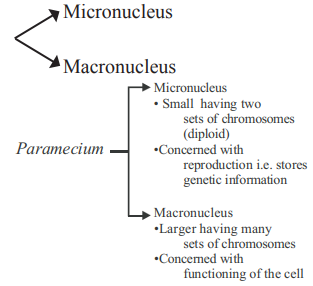301. In liquid culture mycoplasma becomes
A
Coccoid in shap
B
Filamentous
C
Ring shaped
D
Plate like
Answer :
Ring shaped
302. The major role of bacteria in carbon cycle involves
A
Phtosynthesis
B
Chemocynthesis
C
Digestion of organic compound
D
Assimilation of nitrogenous compound
Answer :
Digestion of organic compound
303. Clamp connections present in
A
Basidiomycetes
B
Ascomycetes
C
Deutermycetes
D
Phycomycetes
Answer :
Basidiomycetes
304. Albugo belongs to
A
Phycomycetes and zygomycetes
B
Archaemycetes and Oomycetes
C
Phycomycetes and Oomycetes
D
Zygomycetes and archaemycetes
Answer :
Phycomycetes and Oomycetes
305. Lichen are best indicator of
A
Air pollution
B
Water pullution
C
Soil pollution
D
All type of pollution
Answer :
Air pollution
306. When milk is heated at 62° C for 30 minute and then cooled the process is called
A
Sterilisation
B
Pasteurization
C
Nitrification
D
Freezing
Answer :
Pasteurization
307. All fungi are
A
With chlorophyll
B
Without chlorophyll
C
With carotene
D
Wall less
Answer :
Without chlorophyll
308. Genetic information in Paramecium is contained in
A
micronucleus
B
macronucleus
C
both micronucleus and macronucleus
D
mitochondria
Answer :
micronucleus
309. Amoeba exhibits tactis movement in response to
A
Touch
B
Heat
C
Light
D
All of the above
Answer :
All of the above
310. The life cycle of Spirogyra is
A
Haplontic
B
Diplo-haplontic
C
Haplo-diplontic
D
Diplontic
Answer :
Haplontic
